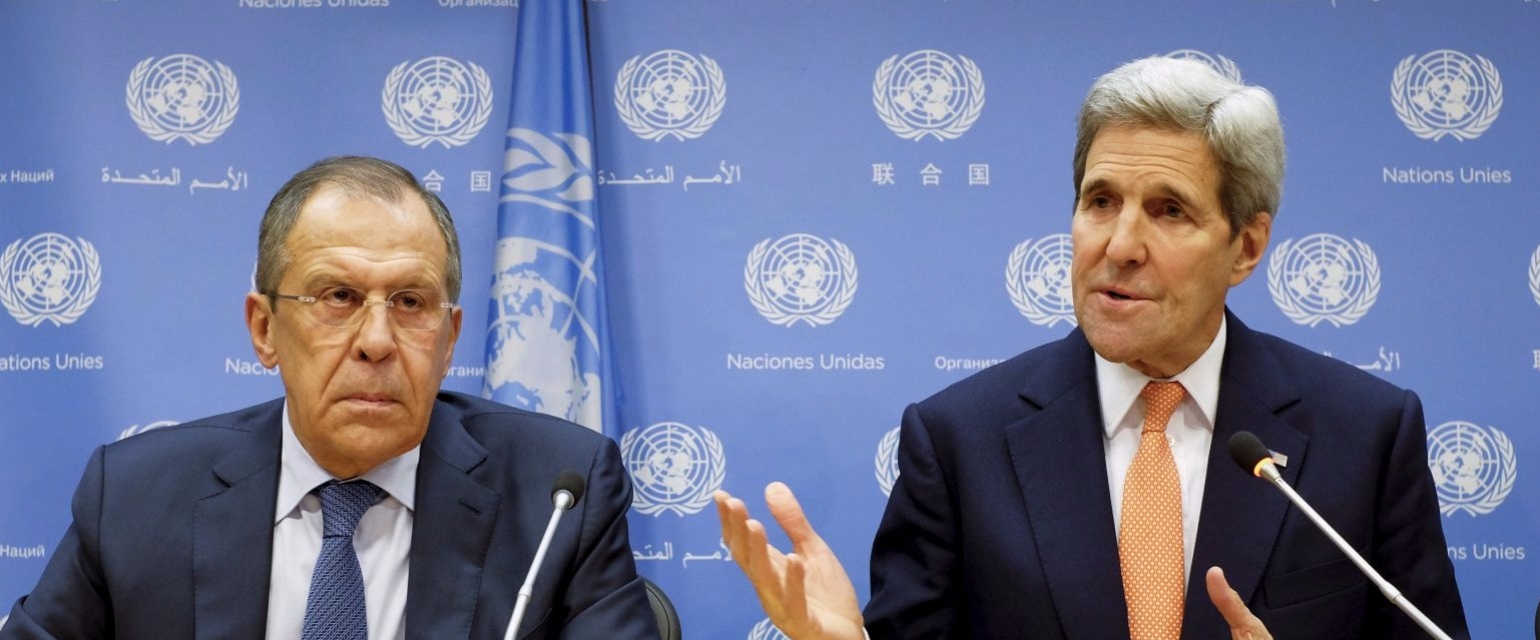

January was marked, above all else, by renewed U.S.-Russian dialogue on a range of international issues, including Syria. For example, conditions were set for inter-Syrian dialogue, although hopes for success there are very small.
At the same time, the U.S. side is doing its share to ensure that initiatives for the positive development of U.S.-Russian relations become derailed by making provocative statements, such as the accusations made by U.S. Treasury Department official Adam Szubin about corruption within the Russian government. In the same vein, there was a change made to the military strategy of the European Command of the U.S. Armed Forces (EUCOM) that identifies Russia as a potential threat.
10. Minister of Industry and Trade Denis Manturov’s visit to Indonesia
On Jan. 8, the Minister of Industry and Trade Denis Manturov arrived on a visit to Indonesia. During the talks, he discussed prospective projects in railway construction, the mining industry, civil aviation, metallurgy, shipbuilding, nuclear power, the arms trade and a number of other areas.
During the visit, the Russian minister noted that the Eurasian Economic Union and Indonesia might soon start negotiations on the implementation of a free trade zone. Russia is stepping up its activities in the Asia-Pacific Region, where at this time a new rivalry between the U.S. and China is already unfolding.
9. Emir of Qatar’s visit to Moscow
Emir of Qatar Tamim bin Hamad Al Thani paid a visit to Moscow. He and Vladimir Putin discussed a number of important issues, including the price of gas and the situation in the Gaza Strip. However, the main topic of their conversation was Syria, in terms of the peace talks between Bashar al-Assad and the opposition that are just starting there.
The talks in Moscow were particularly important, because hitherto, there had been clearly noticeable divergences of opinion on many regional issues between Qatar and Russia. Although it is not possible to list any compromises reached, or any common positions established, the official declarations indicate, at the very least, the willingness to take into consideration each other’s positions.
8. Russia’s reaction to North Korea’s testing of a thermonuclear bomb
The DPRK announced yet another nuclear test – this time, a hydrogen bomb, which, according to North Korean authorities, moved the country’s potential “to a new level.” This event was often discussed between Sergey Lavrov and John Kerry, as well as during telephone conversations between Vladimir Putin and Barack Obama.
Obviously, this challenge to international security coming from North Korea could not pass unnoticed. On Jan. 28, the United States announced the tightening of sanctions against North Korea. However, it is clear that the sanctions path usually does not lead to any rapid and expected results.
Continue reading at Russia Direct
Russian official documents emphasize that the Pridnestrovian Moldavian Republic (PMR) is one side of the conflict, and not just a territory or “separatist enclave” whose interests must be respected and taken into account when finalizing a peace formula. The Ukrainian political crisis, as well as the change in the status of Crimea and Sevastopol, has reanimated the question of Transnistria. It is not hard to see why.
The main issue to be decided was the future of NATO, which had been established as a counterbalance to the Soviet Union. However, starting in 1991, the Soviet Union lost control over the events in Central and Eastern Europe. Communist governments fell, the Warsaw Pact dissolved, and the West had no impetus to engage in any negotiations or agreements with Moscow.
Waning of the Ukrainian crisis may recreate conditions favourable for the meeting between the Russian and Georgian leaders. However, normalization in relations of the two countries has distinctly set limits, for the global strategy of the Georgian leadership remains unchanged.
But while the debate on what candidate’s policies and worldview may be more preferable for Russia continues, the overwhelming majority of the Russian political elite and expert community agree upon two things. First, the relationship in the White House is not one hundred percent defined by the person in the Oval Office. Second, since the current crisis between the two states has more profound roots and a long record of mutual grievances the relationship is unlikely to improve--while there’s plenty of potential for its deterioration.